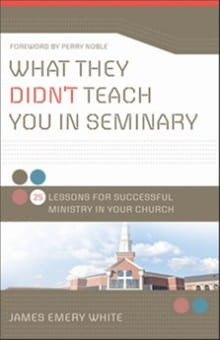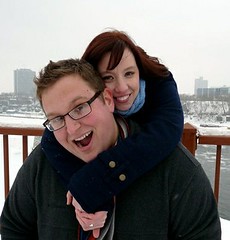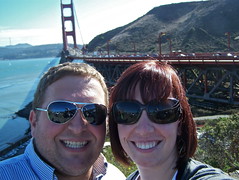I have to tell you all about the incredible time I had last week. Every two years, Calvin College in Grand Rapids, Michigan hosts the Festival of Faith + Writing — a conference where readers, writers, and language enthusiasts of all stripes gather to talk about all things faith and writing. There are keynote speakers, panel discussions, poetry readings, and an exhibit hall that will make any bibliophile beam with equal parts excitement and envy. There are just so. many. books.
I’d never been to Grand Rapids before so, naturally, I had to do some prior research on coffee shops to start my mornings. Madcap Coffee is the big name in town, but I loved Rowster and Lightfast Coffee + Art as well.
After being sufficiently caffeinated (and then some), I was so excited to learn and be amazed at the truth, grace, and creativity oozing from every corner of the Calvin College campus — a phrase that is admittedly odd for a Lutheran pastor to write, but I call it like I see it.
Highlights for me were getting to see, hear, and meet Zadie Smith and George Saunders. They are two of my favorite writers and to be able to hear them and learn from them was such a cool experience.
The other incredible highlights were the workshops — particularly my lineup on Friday. I started out with an early morning panel about writing/being prophetic with Drew Hart, Austin Channing, and Aiden Enns. I’ve been reading a lot about race, slavery, stand your ground culture, and have been wrestling with ways to use the space my privilege affords me to work for justice, love mercy, and walk humbly with God and my sisters and brothers in Christ. This panel brought up so much for me around truth-telling, naming the lies our culture and privilege tell us, and practices for listening to and writing about these truths and lies in ways that are life-giving for people who are marginalized. I will be forever grateful.
On the drive home on Sunday, I realized that not only am I a better pastor for having been there, but I am a better reader, writer, and person for having shared that space for those days.
A huge blessing of these conferences is all of the conversations and stream of ideas that begin and extend into my everyday life back home. I’m excited to continue these conversations and deepen this learning for the sake of wholeness and life.
Any time you want to talk about this kind of stuff — faith, writing, race, privilege, gender, forgiveness, etc. — let me know. I’m happy to listen and share in that conversation.
Oh man! I didn’t even get in to how Jeff Chu, Kelly Brown Douglas, and Shane McRae took me to SCHOOL about the nature of forgiveness and reconciliation. That’ll be up next. Until then… Be blessed. And let’s start the countdown until the Festival of Faith + Writing in 2018!
Cheers,
Eric

 Shonda Rhimes has one of the most phenomenal
Shonda Rhimes has one of the most phenomenal 




































_cover.jpg)




















 A favorite part of mine [perhaps because of my love of lists-as-evidence] is in Chapter Six when she goes through the narrative of Scripture through the history of the church describing the incredibly significant roles women have played in the history of our faith.
A favorite part of mine [perhaps because of my love of lists-as-evidence] is in Chapter Six when she goes through the narrative of Scripture through the history of the church describing the incredibly significant roles women have played in the history of our faith. 
 I won’t lie, the only words that ran through my head when I put this book down after finishing it were, “Holy shit.”
I won’t lie, the only words that ran through my head when I put this book down after finishing it were, “Holy shit.”











